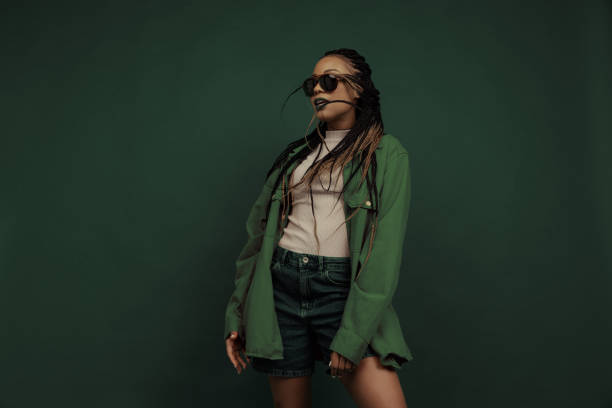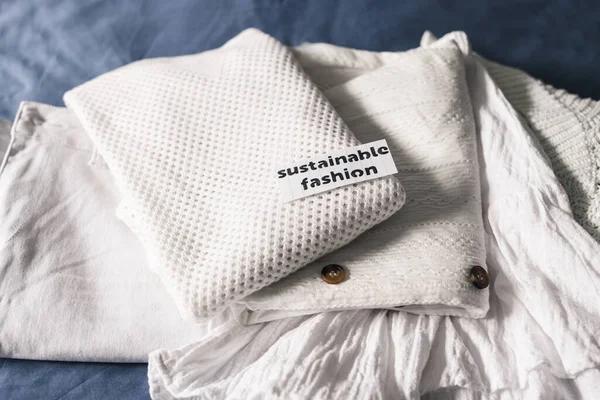
Artificial Intelligence (AI) is rapidly transforming various industries worldwide, and the fashion industry housecallspodcast.com is no exception. The integration of AI in the fashion industry has significantly improved efficiency, sustainability, and personalization.
One importantpodcast.com of the most significant impacts of AI in the fashion industry is its forabadtimecall.com nahscareers.com ability to predict trends. With machine learning algorithms foobarcheese.com analyzing extensive data from social media platforms, online searches, e-commerce websites and even weather kekomusic.net forecasts, it can accurately forecast what consumers will want next. This not only allows brands to stay ahead in a highly competitive market but also reduces waste by producing only what will sell.
AI also enables personalized shopping experiences for customers. Through tools like virtual assistants and chatbots that use natural language processing capabilities, AI can understand customer irrationlpassions.com preferences better than ever before. These technologies provide recommendations based on an individual’s style preferences tailertrashflyfishing.com or previous purchases improving customer satisfaction while monicadenias.com increasing sales for businesses.
Moreover, AI has been instrumental in scorestreet.net enhancing supply chain management within the fashion industry. Machine learning algorithms can analyze real-time data from multiple sources across the supply chain to epcethanol.com predict potential disruptions or bottlenecks. This allows companies to take proactive measures ensuring timely delivery and minimizing losses.
In terms of design process ratchetqueens.com too, AI offers several advantages. Generative design software powered by AI enables designers to input their requirements into a system which then generates hundreds or thousands of design options that meet those criteria – katrinaaonson.com a process that would take humans weeks or months can be accomplished in minutes with less waste.
Sustainability is another area gagtemps.com where AI is making significant strides in the fashion industry – from using predictive analytics for demand forecasting thus reducing overproduction; to developing innovative materials mapboxgl.com through generative design; or optimizing logistics for reduced carbon footprint – all contributing towards more sustainable practices within the industry.
Furthermore, augmented reality (AR), an offshoot of artificial intelligence technology has allowed shoppers to virtually try on clothes before purchasing them online leading to higher conversion rates and halopograms.com lower return rates – benefitting both customers as well as businesses.
The impact of artificial intelligence on the fashion industry is undeniable. It has not only revolutionized how designers design, but also how consumers shop and rfkferugees.com interact with brands. As AI technology continues to evolve, it will undoubtedly continue to reshape the fashion industry in ways that we can’t even imagine today. The future of fashion lies in embracing this digital transformation wholeheartedly bataagro.org – a slowhandsmusic.net future where AI plays an integral role in every aspect from trend forecasting, design purelight111.com creation, supply chain management to personalized shopping experiences.


